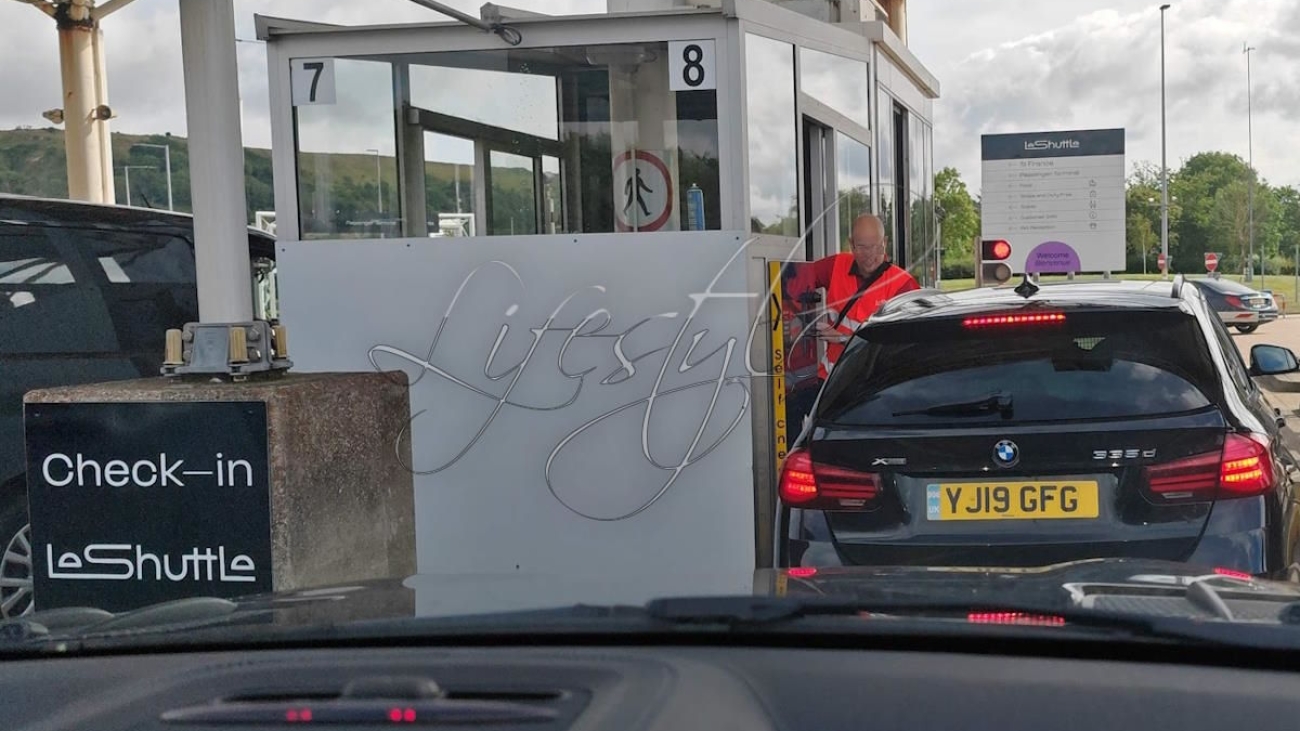In the post-Brexit landscape, importing vehicles from the UK to Spain has become a somewhat onerous and in many cases very costly affair. Customs duty at 10% and VAT 21% can amount to thousands or tens of thousands, with high end vehicles, on top of all the other costs. Against this backdrop some vehicle import and registration businesses operating in Spain, are touting what they describe as a “legal loophole” based on the Northern Ireland Protocol / Windsor Framework—a method they claim allows UK car owners to change a UK vehicle address to Northern Ireland to avoid Spanish Customs & VAT.
These services are being sold to both individuals relocating to Spain, and holiday home owners importing their cars from mainland UK. However, what’s being presented as a clever workaround, is in reality, a serious criminal offence—for both the organisers and their clients.
The correct application of the Windsor Framework in relation to Great Britain registered vehicle customs can be read here, and this article sets the record straight from a legal perspective and explains what’s really at stake.
The Scam: Fraud Disguised as a “Loophole”
Here’s how the fraud scheme works:
A mainland UK based and registered vehicle (England, Wales, Scotland) is intended for import and registration in Spain.
To avoid import VAT (21%) and customs duties (10%), the importer is advised by a “vehicle registration agent” in Spain to re-register the vehicle in Northern Ireland first.
This means falsifying the information on the V5 registration document by changing the registered keeper’s address, to an address in Northern Ireland—a procedure that the registration agent facilitates.
The vehicle is then “imported” to Spain, on paper, from Northern Ireland, supposedly qualifying it for duty-free treatment under the Northern Ireland Protocol and EU-UK Trade and Cooperation Agreement.
Thus, the vehicle is registered in Spain, without customs duty or VAT paid—under false pretences.
These businesses charge a fee for their services, including ‘working the loophole’ and may falsely assure clients that:
The process is “perfectly legal,”
“Everyone’s doing it,” and
The Northern Ireland Protocol creates a valid exemption.
None of this is true.
⚠️ Why It’s Illegal
🚫 It’s Not a Loophole – It’s Fraud
There is no legal exemption for importing a vehicle from England, Scotland, or Wales via an untrue registered keeper Northern Ireland address. Falsely representing the origin of a vehicle to avoid tax is customs fraud.
The scheme involves:
Falsifying information on official documentation
Misrepresentation of facts (i.e. the vehicle’s origin and owners residence),
Deliberate or dishonest intent to evade tax.
Under both UK and Spanish law, this is not a civil “grey area” — it is criminal conduct.
⚖️ Legal Consequences for Vehicle Owners
Even if clients are misled or unaware, they are legally responsible for the fraud carried out in their name. Potential consequences include:
🇪🇸 In Spain:
Criminal tax fraud charges (Article 305 of the Penal Code) if tax evasion exceeds €120,000.
Fines up to 6 times the amount of tax evaded.
Vehicle seizure by the Guardia Civil or Spanish customs.
Invalidated vehicle registration, meaning the car may not be legally driven or sold.
Insurance complications: Invalid registration can void cover.
🇬🇧 In the UK:
Prosecution for fraud under the Fraud Act 2006 (false representation),
Conspiracy to defraud (if coordinated with others),
Potential involvement in money laundering under the Proceeds of Crime Act 2002,
Falisfying UK documents, possible charges under the Forgery and Counterfeiting Act 1981.
Even if the fraud targets Spanish tax authorities, actions carried out in the UK—such as registering the vehicle at a false Northern Ireland address—can form the basis for prosecution under UK law.
👨💼 Legal Risks for the Businesses Facilitating the Fraud
The businesses organising this process are at even greater legal risk, especially given that this activity is:
Widespread and organised,
Carried out systematically for profit,
Involving documents with false information, false representations, and cross-border fraud.
They may face:
🇪🇸 In Spain:
Money laundering charges (Article 301 of the Penal Code),
Participation in a criminal organisation (Article 570 bis),
Severe prison sentences and fines,
Prosecution under AML laws (Law 10/2010) for failing to report illegal activity.
🇪🇺 In the EU:
Investigation by OLAF (European Anti-Fraud Office) for undermining EU customs revenues.
Moving from the UK to Spain and bringing your vehicle
If you are moving from the UK to Spain, there are lawful exemptions available to avoid paying customs and VAT when importing your personal vehicle.
Obtaining these exemptions does require a fair bit of effort and paperwork, for example to prove prior residency in the UK, change of residency, ending of tax residency in the UK, ownership and use of the vehicle prior to moving, amongst others.
Registration agents present the Northen Ireland ‘loophole’ as a simpler and easier route to the correct way to avoid import taxes, meaning that countless unwitting individuals break the law to avoid tax that they could quite legitimately not have to pay.
Falsely routing your car through a Northern Ireland address you never lived at, and the car has never been kept at to avoid import taxes, is not a clever legal loophole alternative to doing things the right way — it’s a crime.
If You’re Offered This “Service” – Walk Away
Anyone who tells you this is a “legal loophole” is either deliberately deceiving you, or seriously misinformed. Either way, engaging in such a scheme can lead to penalties and fines, criminal charges, and confiscation of your vehicle.
If you’ve already been approached about or used such a service, you should seek legal advice.
📢 Who to Contact or Report To
If you suspect a business or individual is involved in this fraudulent activity, you can report it to:
In Spain:
Agencia Tributaria (Tax Agency): www.agenciatributaria.es
Guardia Civil / Policía Nacional (for vehicle and document fraud)
SEPBLAC (Spain’s anti-money laundering authority): www.sepblac.es
In the UK:
HMRC Fraud Hotline: www.gov.uk/report-tax-fraud
National Crime Agency (for cross-border organised crime)
✅ Final Word
If it sounds too good to be true — it probably is.
Falsely registering a car in Northern Ireland to avoid customs and VAT is not a clever trick. It’s a deliberate organised cross-border tax fraud, with serious consequences for everyone involved.
If you’re relocating to Spain and bringing your vehicle, there are legal and compliant ways to do it. Don’t let promises of a “legal loophole” jeopardise your future life in the sun.



